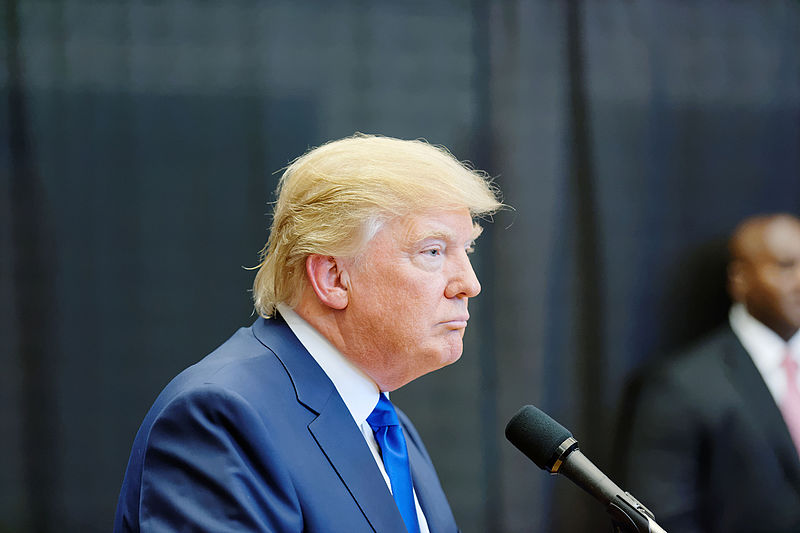
Advertisement
The Obama administration recently passed dozens of major regulations including the far-reaching changes on healthcare, consumer protections and environmental safety. All of these newly passed regulations could quickly be undone with Donald Trump’s signature. There is a seldom used law that dates back to 1996 which makes this possible. There is a kicker to the rule as well, if the law is used to strike down a rule, the federal agency that issued the rule is barred from enacting similar regulation in the future.
The obscure law, which could erase dozens of Obama regulations, is called the Congressional Review Act. It was passed 20 years ago with help from Newt Gingrich who was the House Speaker at the time, and now is now a part of Trump’s transition team. Congress will have 60 legislative days to review and override major regulations enacted by federal agencies. The vote would not be subject to filibuster in the Senate. The law is often rendered toothless because the president can veto the rejection. When one party controls both the White House and Congress, the law can be a powerful legislative weapon.
The only successful usage of the law to date was in 2001 when a Republican Congress invoked it, eliminating workplace safety regulations that were adopted in the final months of Bill Clinton’s tenure as President. President George W. Bush signed the repeal just two months after his inauguration, which wiped out stricter ergonomics rules that were 10 years in the making.
When Donald Trump takes office on January 20, he will have a Republican controlled congress that has indicated its desire to undo some of what President Obama has enacted. More than 150 rules are potentially on the chopping block, according to an analysis by the George Washington University Regulatory Studies Center. Georgetown law professor, Adam Levitin, says “It allows the election results to be applied almost retroactively, to snip off activity that happened at the end of the last administration.”
Some of the regulations that are at risk include many environmental mandates, like limits on formaldehyde use, and stricter truck fuel efficiency rules. There is a Food and Drug administration ban on the sale of antibacterial soaps which may be eliminated. A requirement that federal contractors provide their workers with paid sick leave might be abolished. Stricter consumer protections on prepaid debit cards are also at risk. The final two most likely to be cut are federal loan forgiveness for students at schools that shut down, and a rule that bars nursing homes that receive federal funding from requiring residents to resolve all disputes through arbitration, opposed to using the court system.
Sources:
Submit a correction >>
This article may contain statements that reflect the opinion of the author
Advertisement
Advertisements















